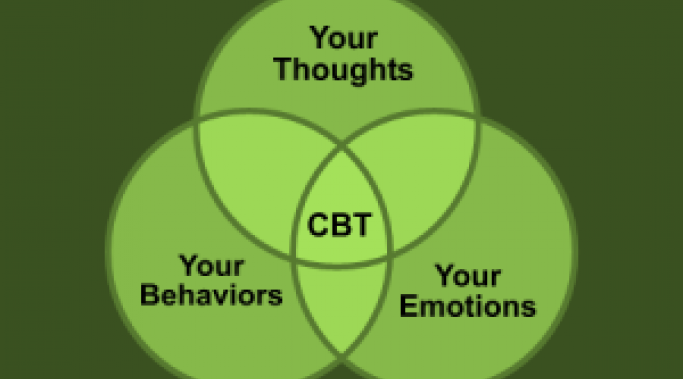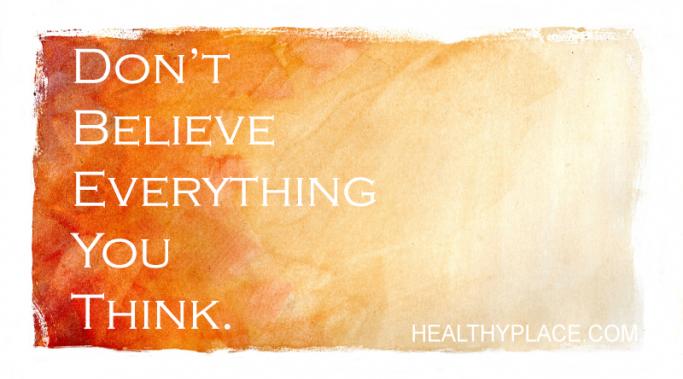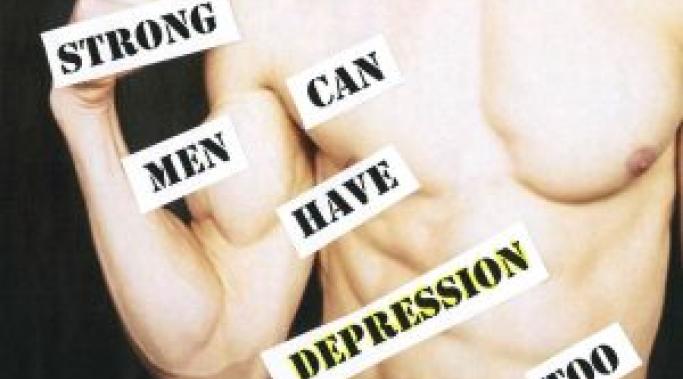Stigma can affect us all in a myriad of ways.
But stigma can be most harmful if it keeps someone from seeking out proper treatment that could provide them with the emotional well-being that they have sought for so long.
CBT for Stigma
Cognitive distortions change your reality in a negative direction, and are controlled by what you think about yourself and your world. Stigma is undoubtedly created by outside forces such as schoolmates, colleagues and the media. But I argue that a good portion of stigma stems from how we think about ourselves, how we describe ourselves and what faulty thinking patterns we have adopted to cope with mental illness. So identifying your cognitive distortions will help you fight self-stigma, which in turn fights social stigma.
I certainly don’t need to convince any of my readers that mental health stigma is a living, breathing entity that can exist in all walks of life. But ask yourself just how much of that stigma is created in our own minds due to our distorted perceptions of the world around us?
Although not my favorite doctor to quote, Dr. Phil has in fact said it best. “You wouldn’t care about what people think about you if you knew how little they did.’


